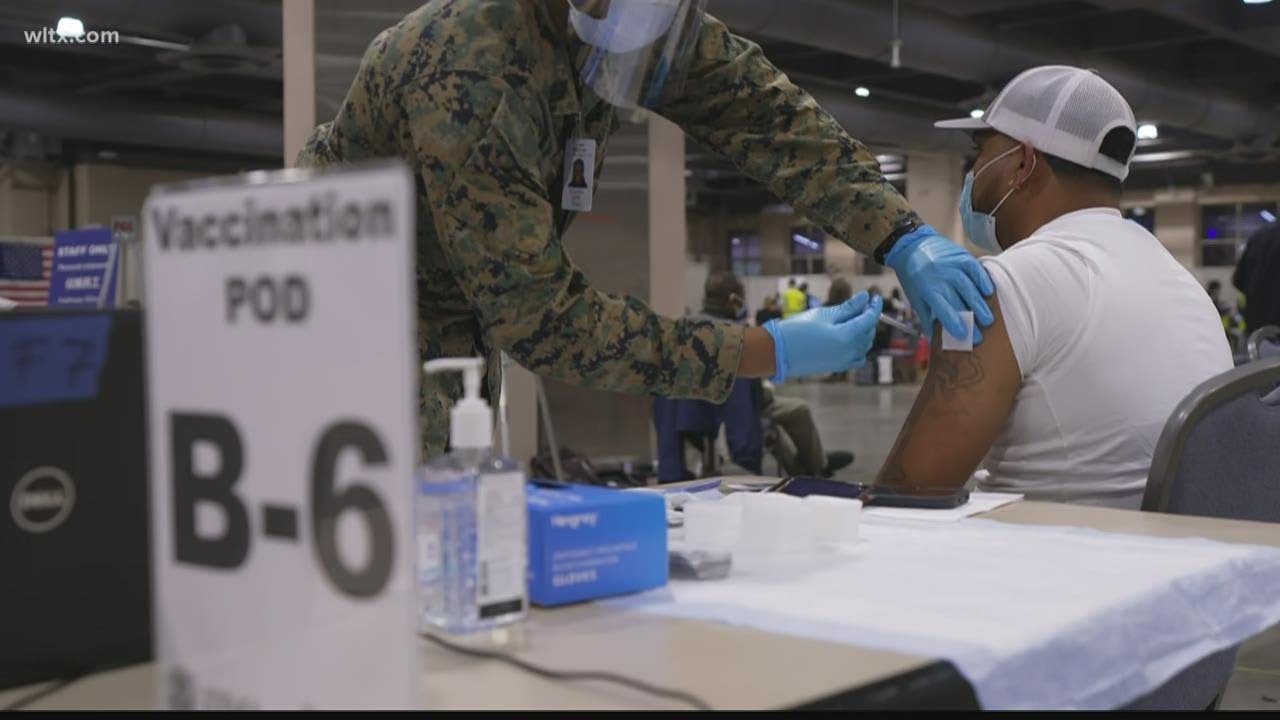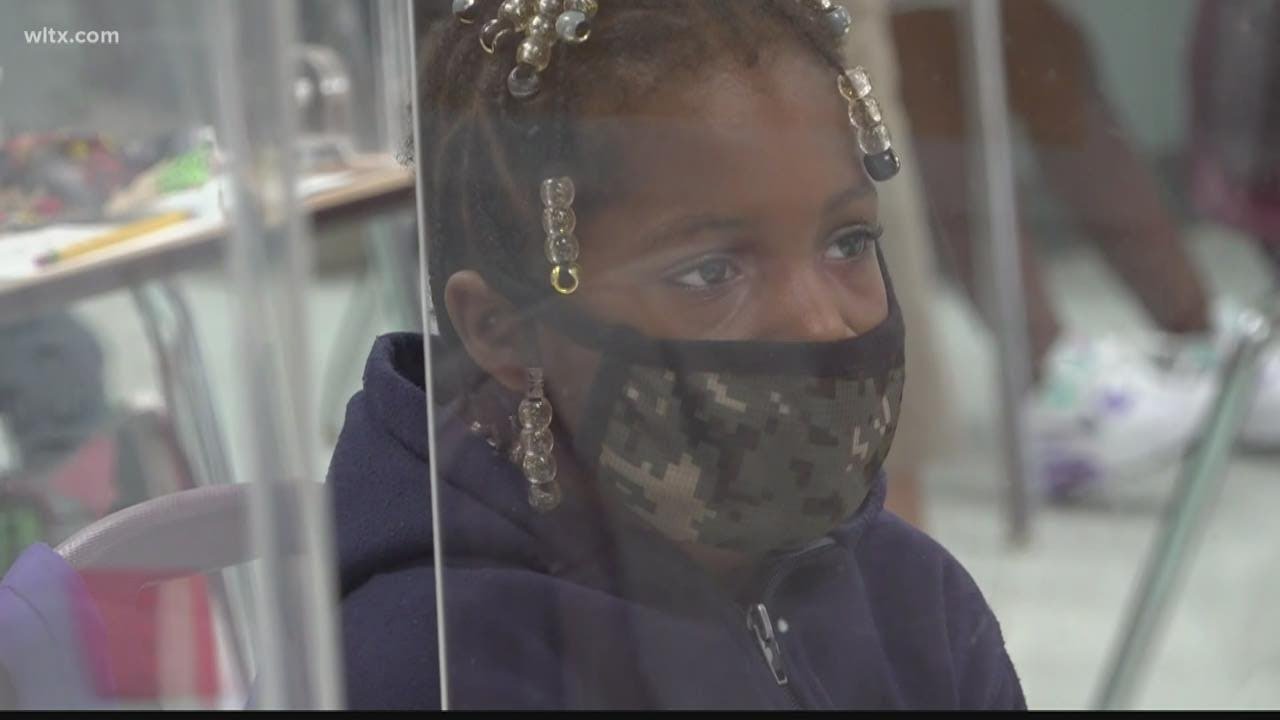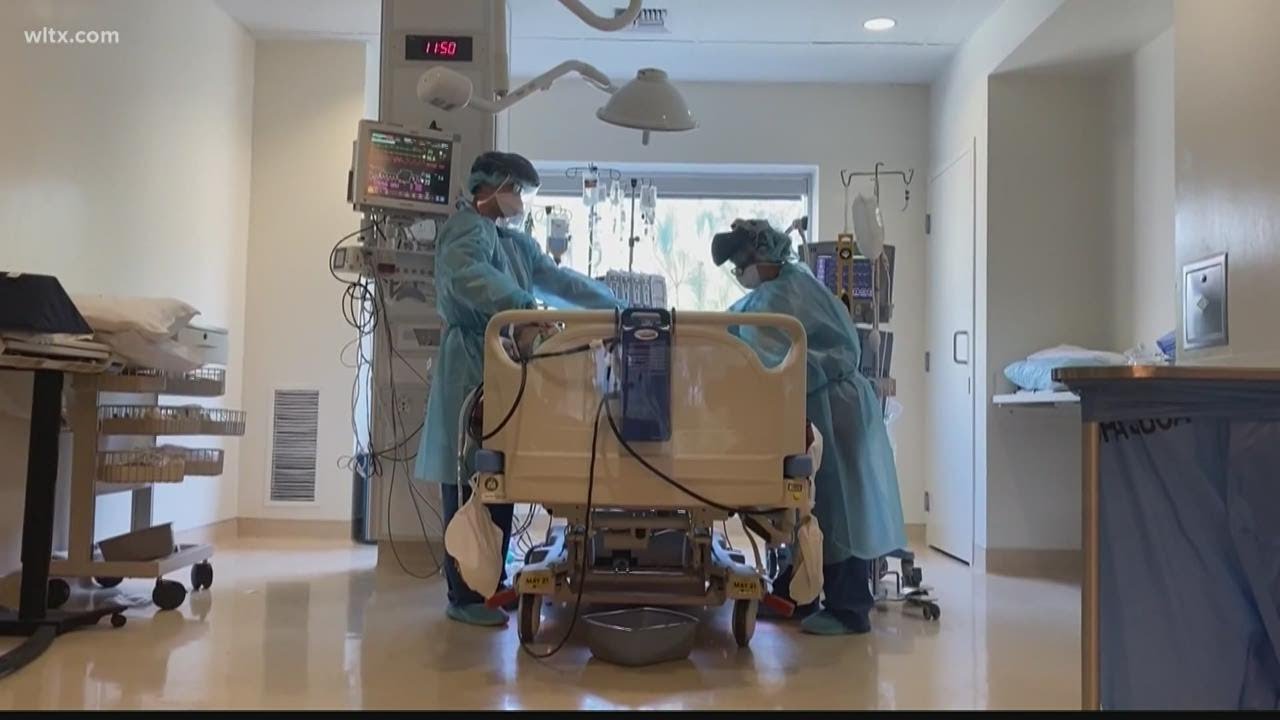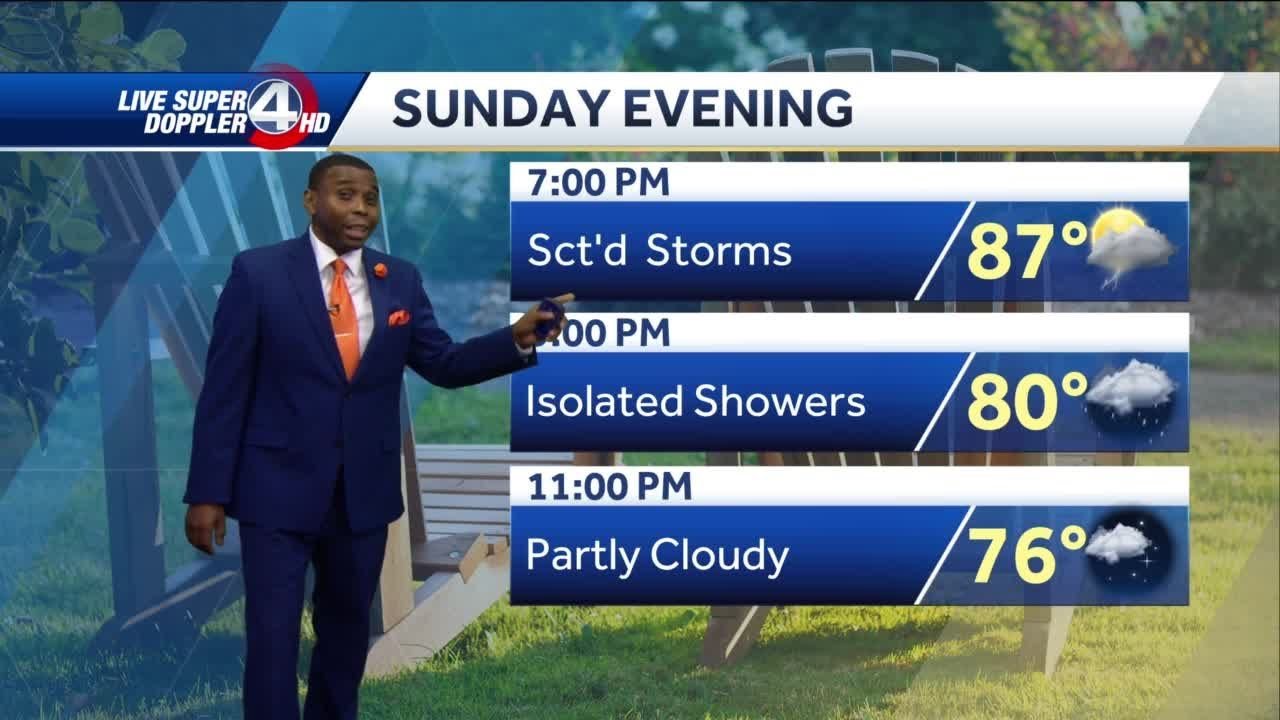Dr. Allison Riley tells her pregnant patients that not much has changed when it comes to childbirth during the COVID-19 pandemic. Riley, 33, is a doctor with Greenville OB-GYN, part of the Prisma Health System. She herself gave birth to her daughter, Claire, in April.
“You will have some funny pictures with everyone with masks on, and you’ll be able to tell some stories about giving birth during a pandemic. But at the end of the day, it is still the most magical, wonderful, special moment, and nothing about COVID or wearing a mask can detract from that,” Riley says. She mentions that she didn’t have to wear the mask during the final parts of delivery.
What to expect
Riley and other medical professionals say there hasn’t been too much change when a woman goes to a hospital to give birth. There is added screening, and you’ll only be allowed to have one support person — although some local hospitals allow a doula, a trained companion who supports the mother during childbirth, in addition to a support person. Mothers are also checked for COVID-19.
For Sommer Flowers of Simpsonville, the situation worked out a bit differently. Flowers, 36, gave birth with her husband, Corey, as her support person at Patewood. However, she went into labor unexpectedly five weeks early. Already a mother, she said that nothing was really out of the ordinary. Due to her cesarean section, Flowers moved a bit more about the hospital for healing purposes and had to wear a mask.
The most difficult thing for Flowers was not having her other children there. “I have a 4-year-old and a 3-year-old at home, and they didn’t understand why I was gone for three days, and they could not have any contact with me or the new baby,” Flowers says. She recommends mothers be prepared for the isolation and know that it’s to keep you safe.

OB-GYN Dr. Stephanie Dach of Bon Secours Health System says that some patients of hers have chosen to give birth on their own at the hospital so their husbands or partners can be with their other children at their homes. “Let me tell you, women are strong and resilient, and they get through it, and they do what they need to do for their family. It’s actually very impressive to see,” she says.
Dach advises pregnant women to reach out to their physicians and have a conversation about the process. She says some patients have been scared that they would be separated from their newborns.
“These things are not true,” Dach says.
Nervousness is normal for any childbirth, says Dana Patterson, a doula with Cradled in Love. “Now not only are families worried about the labor process, but now they’re worried, ‘What if I get COVID?’”
 “There’s definitely a lot more fear and anxiety,” Patterson says. “Education is really important because one of the greatest fears that people have going into birth is the fear of the unknown.”
“There’s definitely a lot more fear and anxiety,” Patterson says. “Education is really important because one of the greatest fears that people have going into birth is the fear of the unknown.”
While delivering babies and treating mothers, the doctors themselves may be at risk of being exposed to the coronavirus. Dach says she’s been in contact with “two or three” COVID-19-positive mothers.
Patients who do have symptoms are tested, but are still admitted regardless of the test’s outcome, says Dr. Roger Gower of Prisma. “In terms of our laboring patients who have tested positive, it’s been a very small number,” Gower says. “We are not seeing babies that get infected during pregnancy.”
Bon Secours would not comment on the number of cases of mothers with COVID-19. Prisma did not provide those numbers by publication.
To protect themselves, doctors at both Prisma and Bon Secours wear surgical masks in the hospital. Patients and their support people are asked to put masks on as well.

Staying healthy and going home with the baby
While the doctors spoken with haven’t seen many cases of COVID-19 in the infant population, they emphasize that newborns are very vulnerable.
However, both Dach and Gower say there’s no evidence of any long-term negative effects of babies exposed to COVID-19 — if the mother has it, for instance.
“This is not, as far as we know, to cause any of those types of problems, birth defects or fetal disease,” says Gower. “We treat it much as influenza in that we don’t want the mom to get sick, because if the mom is sick then that can affect the baby — not directly, but indirectly.”
For Riley, she and her husband, Josh, allowed their parents to visit, knowing they quarantined before visiting.
They introduced their daughter to their other family and friends through their house’s storm door. “We made some accommodations to try to keep [our daughter] as safe as possible in the middle of the pandemic, but we found creative ways to make it just as special,” Riley explains.
“In some ways,” Riley says, “pandemic life is pretty similar with a newborn: You go home and you eat and drink and sleep and snuggle your baby and then repeat … sometimes it’s like a nice little cocoon from the world.”
The post What to expect when you’re expecting … during the COVID-19 pandemic appeared first on GREENVILLE JOURNAL.











